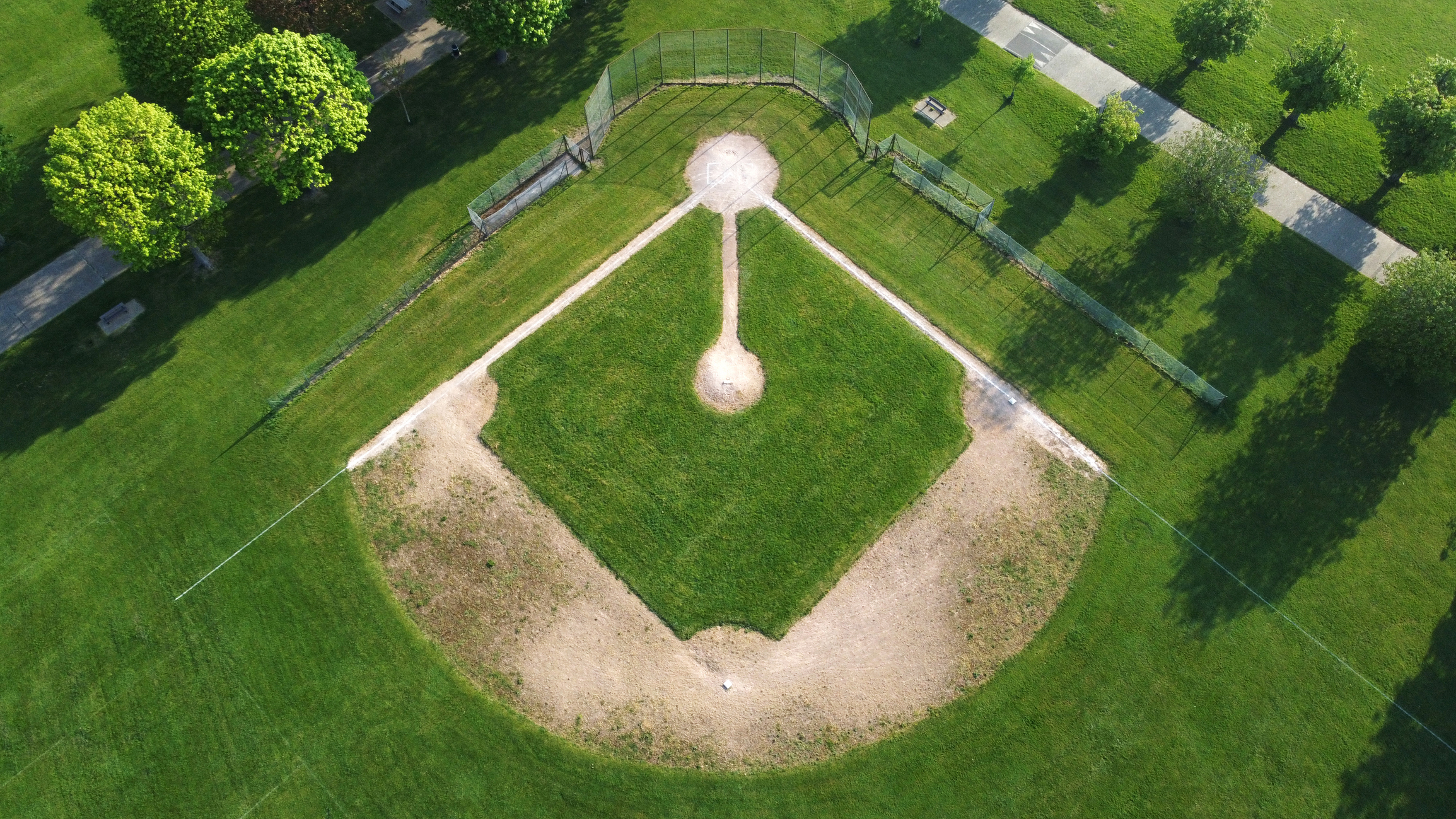Baseball may see more home runs thanks to climate change


A free daily email with the biggest news stories of the day – and the best features from TheWeek.com
You are now subscribed
Your newsletter sign-up was successful
Warmer days are making your favorite batters even better.
Climate change has actually caused more home runs during baseball games, a new study has found. Since 2010, 500 home runs were linked to warmer temperatures due to climate change — and that number is only expected to rise. "As soon as it gets warm, the ball carries a lot better," Washington Nationals manager Dave Martinez told The Washington Post.
Warmer air is less dense than cool air because the molecules are moving faster away from each other, The Associated Press writes. In turn, the air is thinner and has less resistance allowing balls to fly further. "Global warming is juicing home runs in Major League Baseball," remarked study co-author Justin Mankin, a Dartmouth climate scientist.
The Week
Escape your echo chamber. Get the facts behind the news, plus analysis from multiple perspectives.

Sign up for The Week's Free Newsletters
From our morning news briefing to a weekly Good News Newsletter, get the best of The Week delivered directly to your inbox.
From our morning news briefing to a weekly Good News Newsletter, get the best of The Week delivered directly to your inbox.
The 500 home runs linked to climate change only account for approximately one percent of total home runs, so other factors including skill and strategy still play a significant role, the Post continues. However, the study does serve as a reminder for "all of the ways in which climate change is going to touch just about every aspect of our lives," Mankin explained. The United Nations has warned against allowing temperatures to rise above 1.5 degrees Celsius over pre-industrial levels. The impacts both ecologically and on the field will intensify with each bit of additional warmth.
"Global warming is going to reshape so many of the things that we care about in so many pernicious and subtle ways," said study lead author Chris Callahan. He adds that while the changes in baseball are not "a civilization-ending crisis," they still indicate "the way that we have reshaped our lives due to our greenhouse gas emissions."
A free daily email with the biggest news stories of the day – and the best features from TheWeek.com
Devika Rao has worked as a staff writer at The Week since 2022, covering science, the environment, climate and business. She previously worked as a policy associate for a nonprofit organization advocating for environmental action from a business perspective.
-
 The Olympic timekeepers keeping the Games on track
The Olympic timekeepers keeping the Games on trackUnder the Radar Swiss watchmaking giant Omega has been at the finish line of every Olympic Games for nearly 100 years
-
 Will increasing tensions with Iran boil over into war?
Will increasing tensions with Iran boil over into war?Today’s Big Question President Donald Trump has recently been threatening the country
-
 Corruption: The spy sheikh and the president
Corruption: The spy sheikh and the presidentFeature Trump is at the center of another scandal
-
 How climate change is affecting Christmas
How climate change is affecting ChristmasThe Explainer There may be a slim chance of future white Christmases
-
 Blue Origin launches Mars probes in NASA debut
Blue Origin launches Mars probes in NASA debutSpeed Read The New Glenn rocket is carrying small twin spacecraft toward Mars as part of NASA’s Escapade mission
-
 Why scientists are attempting nuclear fusion
Why scientists are attempting nuclear fusionThe Explainer Harnessing the reaction that powers the stars could offer a potentially unlimited source of carbon-free energy, and the race is hotting up
-
 Dinosaurs were thriving before asteroid, study finds
Dinosaurs were thriving before asteroid, study findsSpeed Read The dinosaurs would not have gone extinct if not for the asteroid
-
 Canyons under the Antarctic have deep impacts
Canyons under the Antarctic have deep impactsUnder the radar Submarine canyons could be affecting the climate more than previously thought
-
 SpaceX breaks Starship losing streak in 10th test
SpaceX breaks Starship losing streak in 10th testspeed read The Starship rocket's test flight was largely successful, deploying eight dummy satellites during its hour in space
-
 NASA is moving away from tracking climate change
NASA is moving away from tracking climate changeThe Explainer Climate missions could be going dark
-
 Rabbits with 'horns' sighted across Colorado
Rabbits with 'horns' sighted across Coloradospeed read These creatures are infected with the 'mostly harmless' Shope papilloma virus
